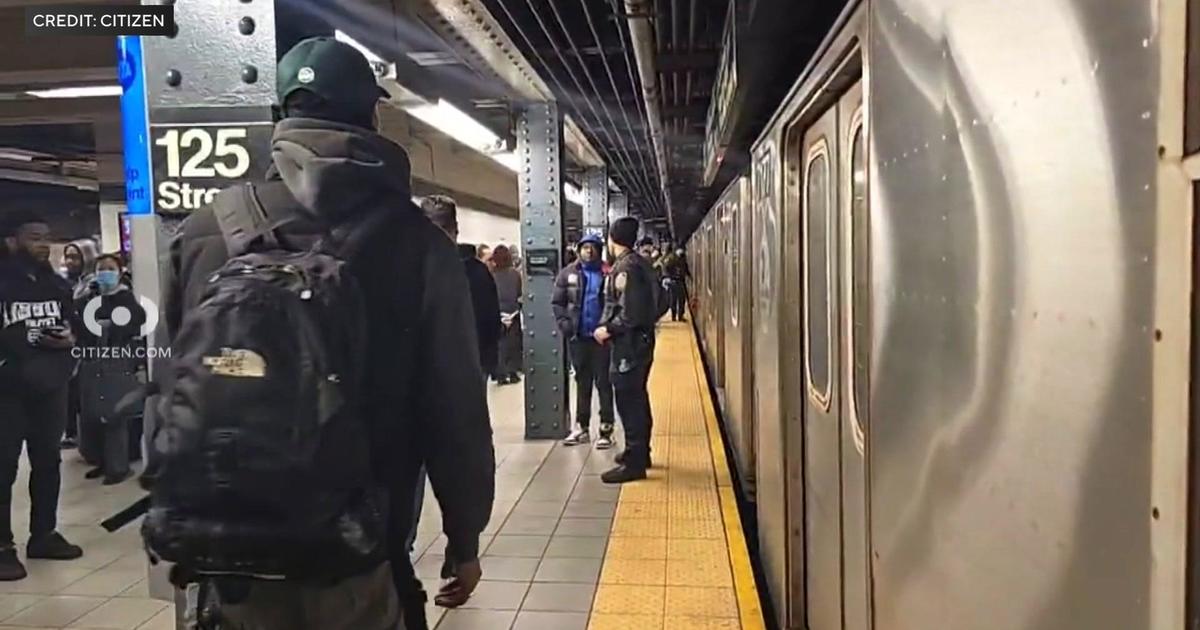HealthWatch: New CPR Guidelines
NEW YORK (CBS 2) -- If someone suddenly collapsed in front of you with a heart attack, studies show you can save that person's life with CPR, and doing that just got a lot easier. CBS 2HD's Dr. Max Gomez, who's also a national board member of the American Heart Association, reports.
Old style CPR was a little technical: opening up the airway, a certain number of chest compressions, then the part that kept most people from even trying, breathing into the person's mouth, who could easily be a complete stranger.
The AHA however has done the research that shows you only need your hands to save a life.
The message behind the Association's Ad Council PSA was that hands can do incredible things, including saving a life. Just ask Chris Bader, whose wife likely saved his life after he had a heart attack.
"I immediately fetched the cell phone out of his pocket and dialed 9-1-1 and started hands-only CPR compressions at a really astounding rate," Debra Bader said.
Debra had heard that just compressing the chest is as good as traditional CPR, and studies prove it. The key is to push hard and fast, at least 100 times a minute, depressing the breast bone at least two inches.
Not only is it effective, it eliminates the main reason people give for not doing CPR, breathing into the victim's mouth. So the hope is that many more people will now be willing and able to perform CPR.
"Seconds count during these emergencies and the longer we take checking people, we're avoiding starting to help them," said Sara Gillen of the AHA.
The reasoning is that the lungs and bloodstream have enough oxygen to keep the brain alive for a short while but you have to circulate the blood. That's what the chest compressions do, and what saved Chris Bader.
"I think it makes you realize exactly how fragile life is," he said.
For health professionals and trained lay-persons, the new AHA guidelines reverse the old order of ABC, where airway came first.
Now it's CAB, where chest compressions come first, and if you know what you're doing, two breaths after 30 compressions.
The key message here is doing something, almost anything to compress the chest will make a difference and could save a life.
So how much of a difference can just regular folks really make? Each year in the U.S., EMS treats nearly 300,000 people who suffer a cardiac arrest, but for every minute that someone isn't getting effective CPR, their chances for survivng that heart attack go down as much as ten percent.
Effective bystander CPR, provided immediately after sudden cardiac arrest, can double or triple a victim's chance of survival. But less than one-third of out-of-hospital sudden cardiac arrest victims receive bystander CPR.



